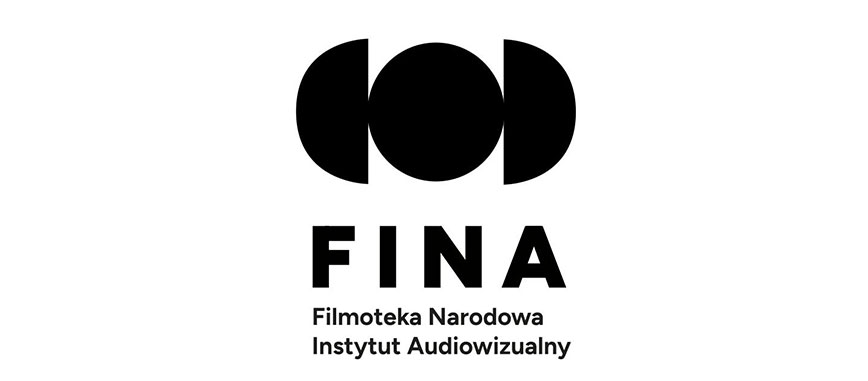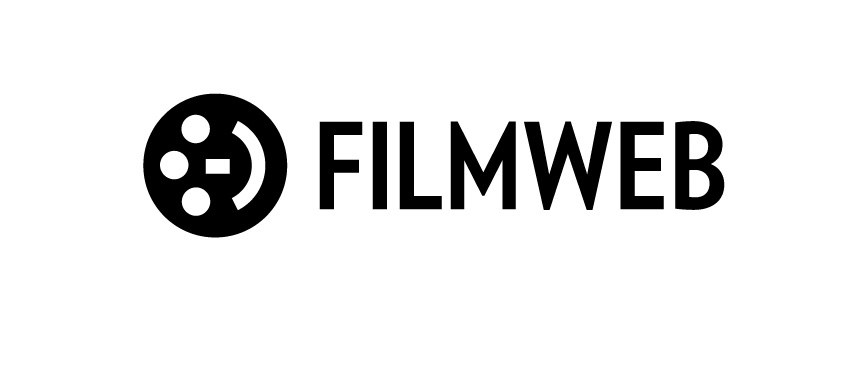Czołówka
- Tytuł oryg.:
- Paris Calligrammes
- Rodzaj:
- Film
- Kraj produkcji:
- Niemcy, Francja
- Rok produkcji:
- 2020
- Reżyseria:
- Ulrike Ottinger
- Operator:
- Ulrike Ottinger
- Czas trwania:
- 129 min.
Opis filmu
Wybitna artystka Ulrike Ottinger postanawia cofnąć się w przeszłość, wykorzystując do tego wspaniały kolaż materiałów archiwalnych oraz fragmentów filmów fabularnych i domowych. „Paryskie kaligramy” przenoszą widzów do burzliwych lat 60. XX wieku, kiedy z jednej strony rodził się bunt inteligencji oraz studentów wobec konserwatywnych zasad życia społecznego, z drugiej nadal we Francji panowała atmosfera rasizmu i postkolonialne wyobrażenie o wyższości jednego narodu nad innymi. Prowadziło to także do tragicznych wydarzeń – podczas protestów Algierczyków w 1961 roku policja użyła siły, doprowadzając do masakry. W tym czasie niemieckojęzyczna inteligencja przesiadywała w legendarnej księgarni Librairie Calligrammes, która dla młodej Ulrike, niedawno przybyłej do stolicy Francji, stała się drugim domem. Film jest niezwykłą pod względem wizualnym opowieścią o czasach wielkich przemian społecznych, które odegrały kluczową rolę w kształtowaniu współczesnego życia Europejczyków.
Opis Millennium Docs Against Gravity
Fifty years on, is it possible to make a film from the perspective of the young artist that you once were – or wanted to become? This is the question that legendary German artist and filmmaker Ulrike Ottinger asks herself at the start of ”Paris Calligrammes”, her journey through the cultural life of 1960s Paris. The title for the film was inspired by Fritz Picard’s legendary bookshop Librairie Calligrammes, an inspiring safe haven for this twenty-something newcomer to the French capital. The shop was a gathering place for members of the German-speaking intelligentsia, some of whom were struggling with traumas of war. Ottinger captures the atmosphere and spirit of a turbulent period in this collage of archive material and fragments from feature films and home movies. We see images of chain-smoking, pastis-sipping artists at Café de Flore, as well as the less romantic aspects of the zeitgeist: racism and colonialism. The tragic low-point is the Paris massacre of October 17, 1961, when police attacked a demonstration of tens of thousands of Algerians protesting a selective curfew, against the backdrop of the Algerian War of Independence.












